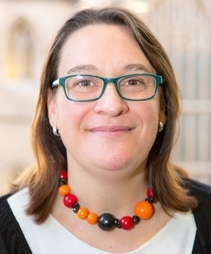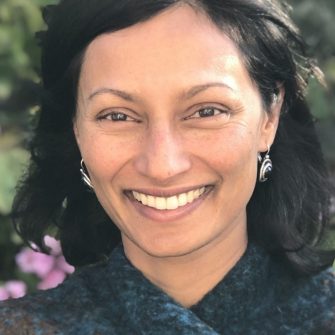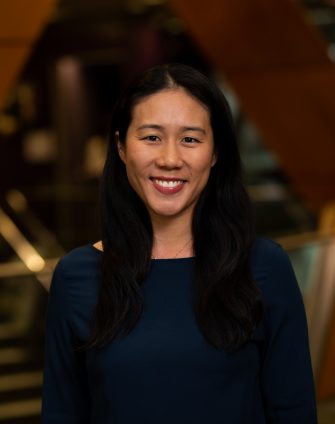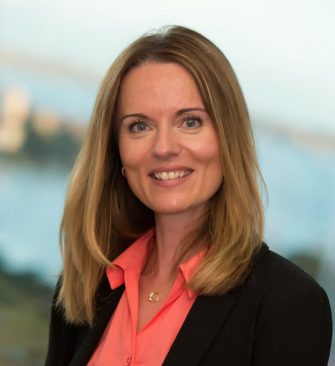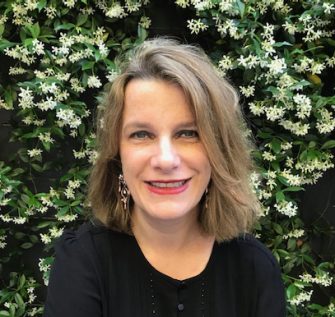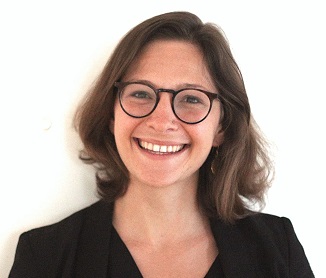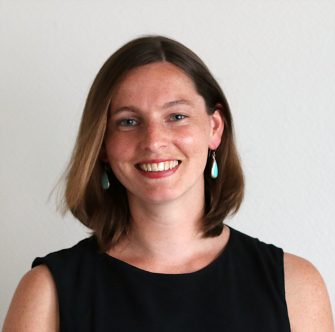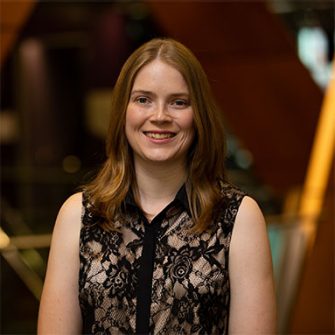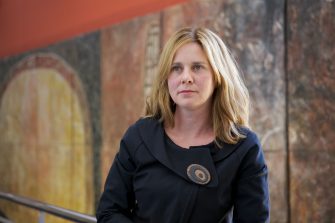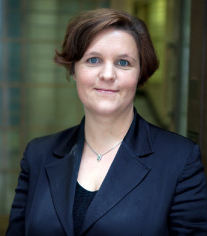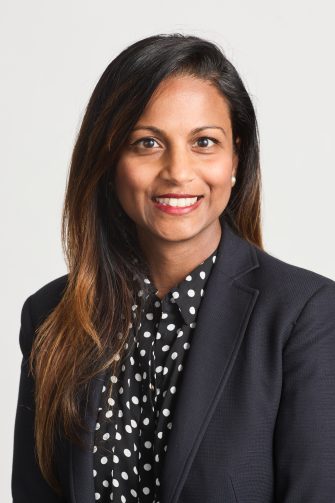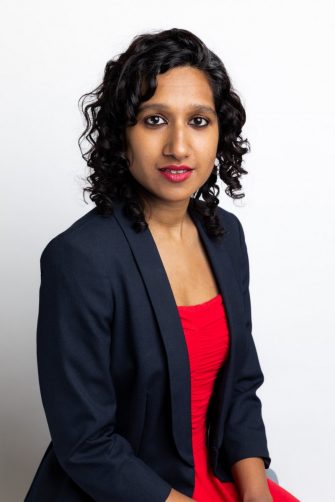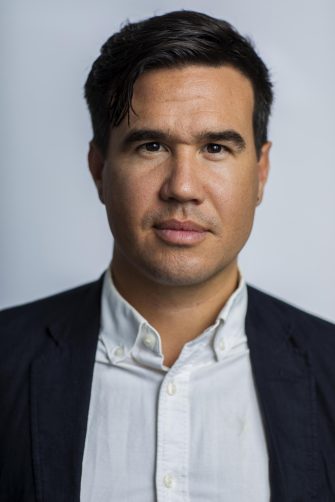Our people
Centre members
Kaldor Centre Honorary Appointments
Honorary Professor
Guy S Goodwin Gill
Kaldor Centre affiliates
PhD candidates
The Kaldor Centre includes a small number of outstanding PhD students pursuing advanced research and developing substantive expertise in refugee law. Meet our current PhD candidates:

Sherine Al Shallah
Refugee Cultural Heritage and the Cultural Rights in International Law' (Daniel Ghezelbash/Lucas Lixinski)
Ms Al Shallah’s research project is a study of the framework for the protection and safeguarding of refugee cultural heritage and the cultural rights of refugees. Her research and writing focus is natural sites and cultural objects. Her research cuts across three areas of international law, which are international cultural heritage law (ICHL), international human rights law (IHRL) and international refugee law (IRL). She researches and writes from her perspective as an emerging scholar from a refugee source country living as a migrant in a cultural context that departs from her heritage.
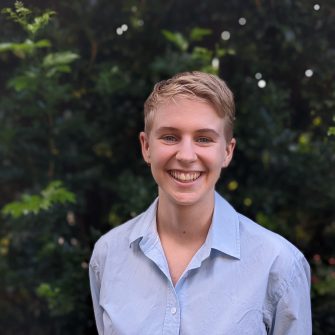
Mia Bridle
‘Data-driven approaches to improving the efficiency and fairness of refugee status determination procedures in Australia’ (Daniel Ghezelbash/Lyria Bennett Moses)
Mx Bridle’s research seeks to understand what insights a data-driven analysis of consistency in decision-making can provide for understanding, assessing, and improving the fairness of refugee status determination in Australia.
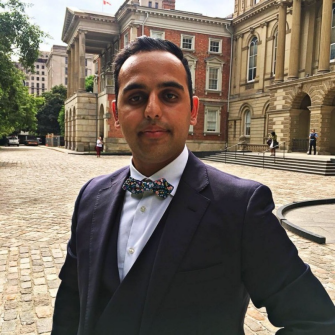
Keyvan Dorostkar
'Data Driven and Computation Methods of Understanding Australia’s Refugee Status Determination Procedures' (Daniel Ghezelbash/Lyria Bennett Moses/Amin Beheshti)
Mr Dorostkar’s research examines how Australia’s refugee status determination procedures operate across each stage of the process using a computational and data driven methodology. The research collects and analyses data from the Department of Immigration, Administrative Appeals Tribunal and the Federal Circuit and Family Court to track the lifecycle of refugee cases, with the overarching purpose of seeking to improve both the fairness and efficiency of refugee status determination procedures in Australia.

Aidan Hammerschmid
'Exclusion from Refugee Protection: Individual Responsibility for Contravening the Purposes and Principles of the United Nations' (Sarah Williams/Sangeetha Pillai)
Mr Hammerschmid's thesis investigates the scope of Article 1F(c) of the 1951 Refugee Convention and its nexus with international human rights law, international criminal law, and international humanitarian law. The overall aim of the thesis is to articulate a complete and coherent analytical framework for applying the uncertain and underexplored provisions of Article 1F(c) in both domestic refugee status determinations and in refugee status determinations conducted under the mandate of the United Nations High Commissioner for Refugees.
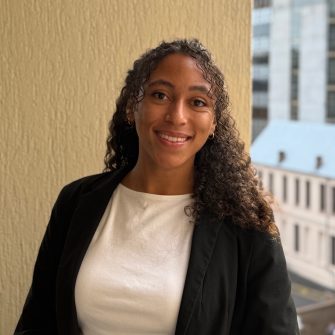
Holly Seglah
'In the Child’s Best Interest: A Socio-legal Examination of Children’s Experiences and Rights in Evacuations from Disasters' (Jane McAdam AO and Dr Thomas Mulder)
Ms Seglah has experience in international development and has undertaken interdisciplinary research and advocacy on inclusive disaster risk reduction policy and practice. Specifically, her work has focused on the impact of disasters on marginalised populations. As part of the Evacuations Research Hub, her research will employ a socio-legal lens to explore child rights in evacuations from disasters related to natural-hazards.
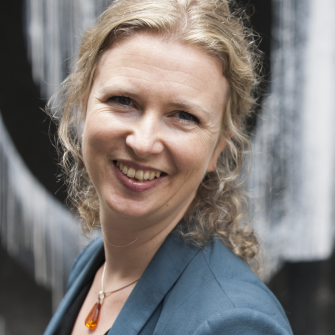
Anna Talbot
'Displacement in the context of climate change and the right to life: examining the law-making potential of strategic litigation' (Jane McAdam AO/Amelia Thorpe)
Ms Talbot’s research examines the law-making potential of strategic litigation to respond to emerging, disruptive human rights challenges. It will do this through the prism of impacts of displacement in the context of climate change and disasters on the right to life. As a thesis based on international law, the focus will be on the responsibility of governments.
See Anna Talbot's academic profile and publications.

Natasha Yacoub
‘Gendering the International Law Criteria for Return of Refugees: the case of Sudan’ (Jane McAdam AO/Christine Forster)
Voluntary repatriation has been upheld as the ‘ideal’ solution for refugees by the United Nations General Assembly since 1948. Its inclusion in international refugee law instruments originated from efforts to prevent forced return practices with dire humanitarian consequences following the Second World War. However, voluntary far from ideal for refugee women. The thesis applies a gender-sensitive approach to voluntary repatriation in international refugee law. It demonstrates that this law fails to include women’s experiences, risking forced return to the harm their fled. It proposes a transformation of the law to better protect refugee women.
See Natasha Yacoub's academic profile and publications.

Rutaban Yameen
‘Reviving the Relevance of the Refugee Convention and International Law: A Study of the Rohingya in Bangladesh’ (Daniel Ghezelbash/Tristan Harley/Claire Higgins)
Ms Yameen’s research investigates Rohingya refugee voices in Cox’s Bazar, Bangladesh, together with the voices of Bangladeshi civil society and state actors, to inform a contextual understanding of Bangladesh as a host state, and the relevance of the Refugee Convention and international law to host states and protracted displacement contexts. She hopes this project will inform future protection solutions for the Rohingya refugees through interdisciplinary research.

Lisa van Toor
'The Balancing Act of Exclusion: State Practice and Application of the "Danger to the Community" Assessment'. (Daniel Ghezelbash/Tristan Harley/Claire Higgins)
Ms van Toor's research will look at the methods that decision makers use to determine whether a protection claimant is a 'danger to the community' and the extent to which States engage with international human rights law and refugee law (such as the scope of Article 33(2) of the 1951 Refugee Convention) in that determination. It also seeks to understand the range of consequences of a 'danger to the community' assessment and identify the alternative mechanisms that States use, or can use, to balance the future risk of these individuals with community protection. The research will utilise comparative and interdisciplinary (socio-legal) approaches.








